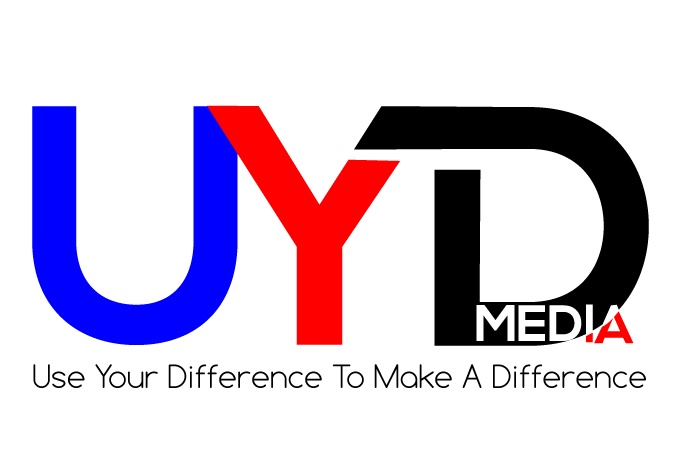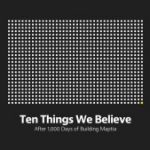The deathly silence. The heat that floods your face as you fumble to understand your latest cultural faux pas. The gaping jaws and wide eyes. Your overwhelming desire to instantly vanish. As Third Culture Kids (TCKs), we know the symptoms of a horrifying and ever-so-humiliating cultural gaffe. I’ve proudly presented my Japanese hosts with a wrapped package of bath salts instead of desserts. I’ve sprinkled MSG on my scrambled eggs for three months before realizing it wasn’t salt. I’ve opened a box– of what I believed to be fever patches–to find the stale smell of instant chicken noodle soup.
Every TCK has experiences like these that highlight our differences. Yes, we make silly cultural mistakes. Yes, we have some of the best embarrassing stories to tell. But when our lives, our perspectives, and our actions scream ‘different,’ we can slowly, and many times unknowingly, lose ourselves beneath the changing colors of a cultural chameleon as we strive to fit in. As our environment, circumstances, or peer groups change, our identities can become deeply interwoven in these five lies we believe about our differences. Believing any of these five lies quickly impedes us from using our differences.
Lie #1: Different is Inadequate
My life is constantly changing. As TCKs, we are continually integrating into new cultures and surroundings. Mistakes are inevitable, and lies of inadequacy can subtly surface at these blaring reminders of our difference. During the initial hard but hilarious months of my transition to Hiroshima, Japan or back to my passport country, I stopped seeing my cultural mistakes for what they were: ridiculous, understandable, and funny. I forgot to laugh. I began to pull back beneath a weight of inadequacy and failure.
The worst mistake TCKs can make is continually fearing that we will make a mistake. By finding the humor in our cultural slip-ups, we ground ourselves further in our true identity, put those around us at ease, and integrate more fully into the culture we live in. There is no doubt that cultural transition is frustrating. It’s embarrassing at times. It’s easy to believe this lie of inadequacy as our cultural mistakes pile high. Learning to laugh during these situations is key because we can then begin to accept and use our differences.
Lie #2: Different is Ever-Changing
I was a ten-year-old homeschooler when I wanted a Japanese school uniform. Handing over my summer savings, I purchased the navy skirt and pleated white blouse with confidence. I knew I was different than the other Japanese children, and I had decided that I was going to change ‘faces’ to fit in. So wearing my school uniform, I proudly walked downstairs to school– our kitchen table. I believed the lie that my difference was ever-changing.
When I moved overseas eight years ago, I struggled with changing ‘colors’ in my effort appear the same. I adjusted my personality and actions depending on where I was or who I was with, confusing the word ‘adaption’ with the vastly different word ‘chameleon.’
Marilyn Gardner, author of Between Worlds: Essays on Culture and Belonging, writes “To adapt doesn’t mean settling for second best. To adapt is to use the gifts she developed through her childhood in order to transcend cultures and find her niche in both worlds.” ‘Adaption’ is using our difference. ‘Chameleon’ is hiding it. ‘Adaption’ is using our experiences and our skills to assimilate and connect with others. ‘Chameleon’ is losing our identities as we change ourselves in order to gain approval or acceptance. As TCKs, we must remember that adaption is not second best. Our difference is not ever-changing, but rather a skill that can be used as a bridge between worlds.
Lie #3: Different is Better
I many times have a screwed perspective, viewing my friends’ experiences with an upturned nose. Why? Because I believe the lie that my TCK difference is better. The truth is simple: we’re not. We’re still everyday kids with just a not-so-everyday background. Fish eyeballs might be our favorite snack. We might switch languages without realizing it. Airports might oddly feel like home. But we still pull all-nighters when school papers are due the next morning. We still sleep in too late on Saturdays. Whether you are a teenager now or remember your teenage years with a wry smile, we have fun. We make friends. Our lives are routine and normal to us despite the uniqueness of our surrounding circumstances.
Our tolerance of ambiguity, our love for adventure, and our flexibility stem from living abroad. These are distinctive characteristics we have learned from our international experiences and mobile lives. But to fully embrace our difference as TCKs, we must watch and learn from those who are rooted when we feel rootless. Those who can easily define home when we can’t. Those who can confidently answer the question “where are you from?” without hesitation. We must recognize that our difference is unique, but never better.
Lie #4: Different is Excluded
With observant eyes and a lowered chin, I stood at the back of the church building quietly. Keeping my distance from the group of teens laughing and talking a few feet away, I stayed watchful, perceptive, and safely unengaged. My family had recently returned to America from Japan. I knew I was different from those around me. I firmly believed the lie that my difference equaled exclusion. And in the whirlwind of reverse culture shock, my difference was painfully obvious.
During the following months in America, I continued to believe that my difference somehow prevented me from joining in with others my age. I believed this lie. My own perspective was the preventing factor. I watched and listened. I soon learned the cultural changes of my passport country I had missed while living abroad. But I chose to change ‘colors’ once again instead of using the skills I had learned overseas to adapt and integrate. I couldn’t engage because I viewed my difference as a problem rather than a conduit for connection.
Lie #5: Different is Categorized
Many of my TCK friends don’t like the term ‘Third Culture Kid.’ They believe that this definition separates them from their non-TCK friends, and they feel this differentiation is categorizing. But as we talk, they slowly reveal that although they long to be liked and accepted, they are fearful of being misunderstood. They believe the lie that their difference is boxed and labeled.
We are not defined by the term Third Culture Kid. It provides a common ground and explains the general characteristics of TCKs, but it does not limit us. Our difference is not categorized, listed, or classified. It is a gift that can be used as social and cultural bridges. Although we can view our difference as restricting, it can be freeing and relieving if we choose to embrace it.
The experiences, perspectives, and skills we have gained as TCKs are part of who we are. In order to fully use our differences, we must first identify the lies we can easily believe. Then, we must counteract these lies with truth, recognizing our differences and learning how to embrace them.




